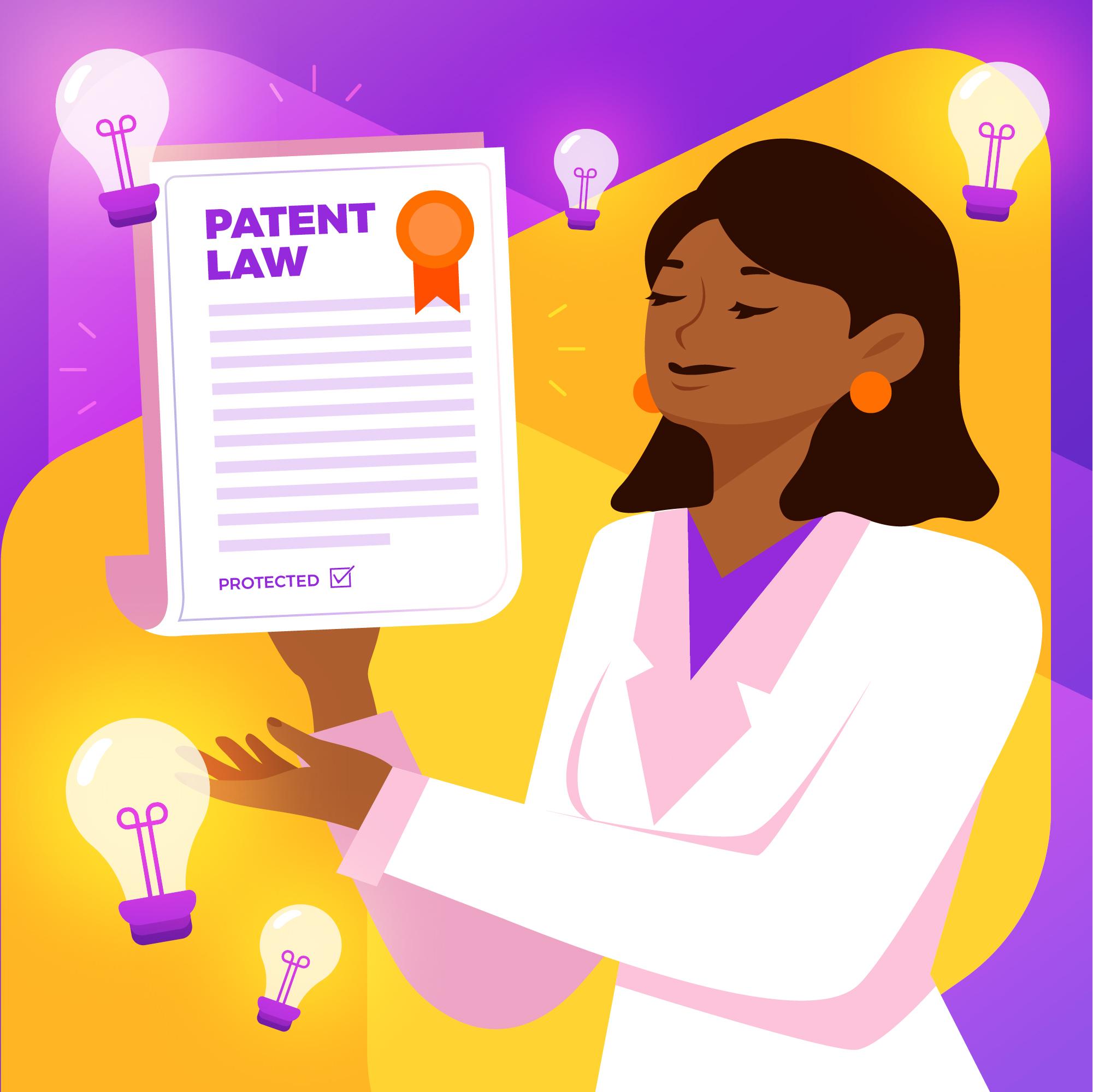Compulsory licensing – a panacea for controlling covid-19?

The on-going Covid-19 pandemic has taken a massive toll on the healthcare sector. The situation is dire in India with has led the Supreme Court of India to declare the second wave as a national emergency. In addition to the rampant increase in COVID cases, the non-availability of medicines such as Remdesivir, Tocilizumab and Favipiravir at sufficient quantities has exacerbated the situation. One of the reasons for lack of affordability and availability of these drugs is that such drugs are patent protected, which provides monopoly rights to the patent owner. In such scenarios, compulsory licensing can play a pivotal role in increasing the availability of the patented drugs.
What is Compulsory licensing?
Compulsory licensing refers to licensing of a patented invention by the government to a third party without the authorization or consent of a patent holder.
|
PROS |
CONS |
|
The patented drug is easily made available to the public. |
The royalty paid to the innovative company may be lesser than the expense incurred in the research and development of the drug. |
|
The patented drug will be available to the public at cheaper price. |
Deterrent to innovation as the monopoly of the patentee over the patent is suspended. |
Compulsory licensing is not a new concept, it is widely recognized in both international and national domains. Paragraph 5 of the Doha declaration and Article 31 of the TRIPS Agreement sets forth a number of conditions for the granting of compulsory licences.
The Indian Patents Act vests special power on the central government u/s 92, under which the central government can invoke compulsory licensing under certain circumstances such as a) national emergency or b) extreme urgency c) public non-commercial use. Section 100 of the Indian Patent Act also empowers the Central Government and any person authorised in writing may use the patented invention for the purpose of the government. The Patent Act also empowers the government to acquire the invention for which an application for patent has been filed or a patent has been granted for public purpose (u/s102). The intention behind vesting such powers on the government is to safeguard public life.
On 20th April 2021, the Supreme Court of India has declared the crisis triggered by the second wave of the Coronavirus as “national emergency”. The Supreme Court has also asked the Central government to consider invoking powers vested under section 92, to hoist the availability of COVID -19 related drugs. Even the Delhi High court has directed the Central government amidst of national emergency to utilise the power vested on the government under section 92 of the Indian Patent Act. Then, why is the government not invoking compulsory license? Considering the on-going pandemic, the need of the hour is to invoke compulsory licensing to combat the deadliest effect of the virus. Every minute, hundreds of people are losing their lives, due to non-availability of the drugs that are useful to treat the infection. It is not the first time that the India is enacting the provision of compulsory licensing. Previously, a compulsory license was granted to NATCO (here) to produce and market Nexavar, an anticancer drug on which Bayer’s holds a patent. The grant of the compulsory license to NATCO clarifies that India is not a new player in this field.
Moreover, the inclusion of compulsory licensing in the Indian patent regime clearly states that when such a pandemic situation arises and the government has to decide whether to preserve the rights of the patentee or give priority to public life, the government has to prioritise public life over the rights of the patentee. The inclusion of such provision in the Patent act is not to exploit the patent rights of a patentee, but to safeguard the public interest and life, as the sole aim of the issuance of compulsory licensee is to address the public health problems. Even the Doha declaration (Paragraphs 4 – 6) on TRIPS agreement and Public health affirmed the flexibility of TRIPS member states in circumventing patent rights for easy access of the medicines or drugs to the public, by invoking compulsory license. Further, compulsory license invoked under such circumstances is provided only for certain periods that is to say -till the national urgency or extreme urgency ceases to occur. The government also pays royalty to the patent holder on usage of the technology invented by the patentee.
Compulsory licensing may not be the panacea for the ongoing crisis. Compulsory licensing of the drugs used to treat COVID may aid in increasing the production of the drugs by third party entities. It shall be noted that a company from Bangladesh produced the world’s first generic Remdesivir without obtaining a license from the patentee Gilead sciences. On the other hand, compulsory licensing may not be effective in the case of vaccines. Typically, pharmaceutical companies protect vaccines using a combination of trade secrets and patents. Therefore, obtaining a compulsory license is not enough for a third-party entity to produce vaccines as some of the crucial information related to the production of vaccines may be protected as trade secrets. Compulsory license is a good step but is not the only step. The government should bring together the stakeholders and device a strategy to address the hindrances to the production of vaccines by third party entities without drastically affecting the interests of the patentee.
We hope this article was a useful read.
Please feel free check our services page to find out if we can cater to your requirements. You can also contact us to explore the option of working together.
Best regards – Team InvnTree
This work is licensed under a Creative Commons Attribution-Non Commercial 3.0 Unported License

 Follow
Follow



Leave a Reply